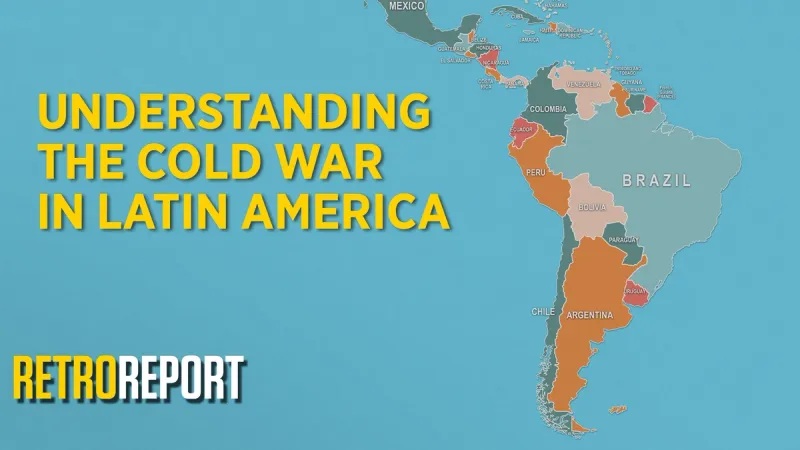Social tensions prompt regional economic stagnation fears

The economic outlook in Latin America in 2020 is darkened by internal conflicts and unstable administrations
The International Monetary Fund (IMF) on Wednesday, January 29, drastically cut Chile’s economic forecasts to 0.9% for this year due to ‘social tensions’, while warning about the regional economic ‘stagnation’ weighed down by the crisis in Argentina and the slowdown in Mexico.
The aggregate macroeconomic data delves into this pessimistic view reports the Efe News Agency since the real GDP per capita of the region has decreased 0.6% per year on average during the 2014-2019 period, in stark contrast to the average annual increase of 2% during the 2000-2013 period of raw materials boom.
“While the causes of social tensions vary from one country to another, these generally reflect dissatisfaction with certain aspects of economic and political systems,” said Alejandro Werner, director of the IMF’s Western Hemisphere in updating regional forecasts. , at a press conference.
Specifically, Werner explained that countries in the region that have experienced social tensions, such as Bolivia, Colombia, Chile and Ecuador, have seen economic activity ‘affected’.
The most obvious case is that of Chile, which has been experiencing the most important social crisis since the return to democracy in 1990 in the last three months, and has suffered the largest cut in forecasts for this year of the agency, of 2.1 percentage points less than expected in October, up to 0.9%; and 0.5 points by 2021, up to 2.7%. Chilean perspectives are subject to the uncertainty caused by social tensions.
The political crisis in Bolivia will also take a toll on economic activity, and projections will be lowered, although the Fund did not give figures in this regard.
Argentina, with a new president, faces a complicated restructuring of its debt.
In Venezuela, real GDP has contracted 65%, due to the decline in oil production.





